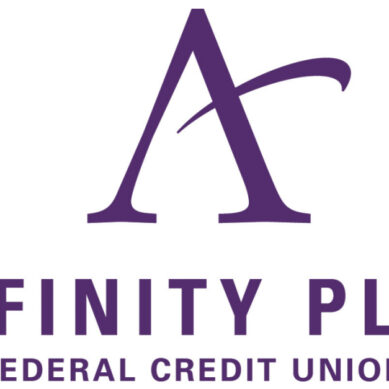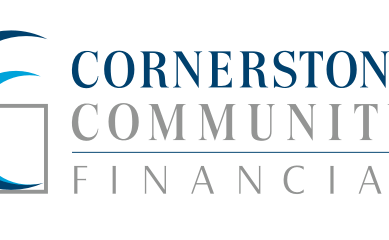Read more at the Washington CU Daily
The Consumer Financial Protection Bureau intends to crack down on financial institutions that charge the largest fees for overdrafts and is considering “a wide variety of regulatory interventions” to better supervise such fees, Director Rohit Chopra said Wednesday.
Chopra’s comments follow the release of two CFPB reports showing that credit unions and banks continue to rely on overdraft fees as a major source of revenue.
“Rather than competing on transparent, upfront pricing, large financial institutions are still hooked on exploitative junk fees that can quickly drain a family’s bank account,” Chopra said.
In the reports, the CFPB said that 60.9% of credit unions had an overdraft program, while 92.9% of smaller banks had such programs. The agency estimated that credit unions generated $2.37 billion in overdraft fees, while banks with less than $1 billion generated $1.13 billion. Overdraft fees at credit unions and small banks were 13% to 19% lower than at large banks, the agency said.
Overdraft fees have emerged as a major controversy in the financial services industry, particularly in the wake of the coronavirus pandemic. Several banks and credit unions have announced the elimination of the fees. On Wednesday, Capital One became the largest financial institution to eliminate the fees.
As the pandemic progressed, National Credit Union Administration Chairman Todd Harper called on credit unions to change their overdraft programs.
“In my view, the overdraft fee practices of some federal credit unions are fundamentally detrimental to members and inconsistent with the definition of ‘federal credit union’ in the Federal Credit Union Act: ‘a cooperative association organized . . . for the purpose of promoting thrift among its members and creating a source of credit for provident or productive purposes,’” Harper told the Defense Credit Union Council annual meeting in August.
Chopra said Wednesday that the CFPB will take action against the largest financial institutions whose overdraft programs violate the law. Financial institutions that have the largest number of overdrafters or a higher average fee burden “should expect us to be paying them close supervisory attention.”
He said that ultimately the agency plans to inform institutions where they stand relative to their peers. “We believe sharing that information will increase transparency and help against the race to the bottom we have seen in this market,” he said.
“The CFPB is not holding out hope that this will happen quickly, so we will be considering a range of regulatory interventions to help restore meaningful competition in this market, rather than allowing large institutions to rely on junk fees forever,” Chopra said.
Consumer advocates have called on the CFPB to issue a rule governing overdrafts, a proposal that then-Agency Director Richard Cordray considered during the Obama Administration.
“Overdraft and NSF fees are one of the leading reasons that people are unbanked, either because past overdrafts put the consumer on account screening lists that prevent them from opening new accounts, or because the fees make it too costly to maintain an account,” said Chi Chi Wu, staff attorney at the National Consumer Law Center.
Lauren Saunders, associate director of the National Consumer Law Center said, “The CFPB should pass rules to ensure that consumers are safe from abusive overdraft charges no matter where they bank.”





























































